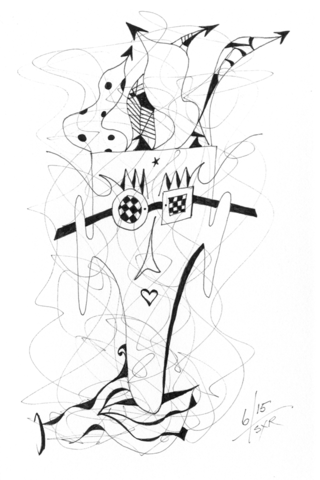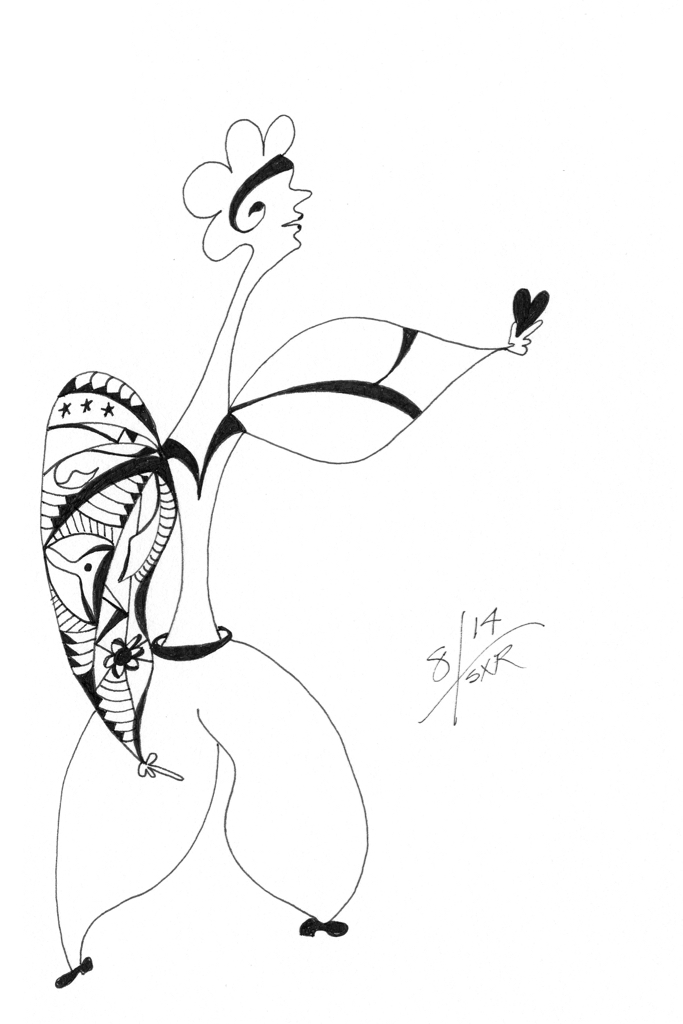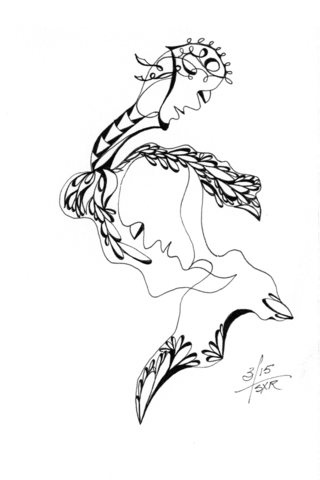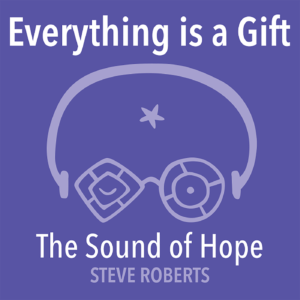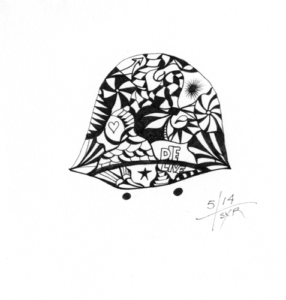
Contributing to our nation’s use of torture as a legitimate tool of national security is the absence of a particular event soon after September 11, 2001. Our president, at least to my ear, did not address the American people with a statement of this nature:
“Among the most important questions we ask ourselves as human beings is ‘Who will I be or die trying?’ Whether as individuals, as members of a family, a town, a religion, a business, and of course as citizens of a nation and the world––how we engage that question day-to-day defines our life in indelible ways.
“The question’s ongoing presence in our consciousness helps us be mindful of the direction we choose to point our inner compass: the values we hold sacred; the principles and practices we are committed to have guide our actions. Meanwhile, we know that honoring these essential commitments will be forever a work in progress. And, more than that, we know that certain events will test our commitments with all but unimaginable pain and heartbreak.
“Today our nation is confronted by such a test.
“To be sure, this isn’t the first time the soul of America has been challenged, nor will it be the last. As in the past, how we respond in the next days, weeks, months and even years to this wound––this purposeful act of horror––will define our nation far into the future. May our response be an example to our children and grandchildren of what it means to manage adversity well.
“To this end, I would like to set forth what I feel are our priorities at this time. I’m speaking of priorities beyond taking swift, appropriate action to protect our nation and the world from terrorism and to hold accountable those responsible for this barbarous action.
“Our first priority is to provide loving comfort to those who have lost family, friends, loved ones and colleagues in this excruciating tragedy.
“Our second priority is to be kind to ourselves and one another––emotionally, spiritually, even physically––as we begin to absorb, and learn from, the profound shock of this assault on ourselves, on our nation, and on the world at large.
“Our third priority is to very actively, consciously and deliberately reflect on what it means to be an American. Who are we at our best? Who are we committed to being in the face of anything––no matter how brutal? What values will guide our choices as we respond to those who have attempted, painfully to be sure but ultimately unsuccessfully, to terrorize us? How will we respond to these horrific acts so that we become stronger, healthier, more resilient, first as human beings, then as a nation and as a responsible world leader?
“I encourage us all, and the organizations of which we are a part––including schools, religions, professional and civic groups––to actively address these essential questions, and to share what we are learning with one another and the world.
“Among the vast resources that define The United States of America, none is more essential to our well being than the clarity we bring to the values that anchor our actions. In demanding times like these that anchor is more precious than ever.”
Etcetera.
Would a presidential declaration in this spirit, no doubt put more eloquently than I’m able, have altered our nation’s use of torture in response to the events of 9/11? Possibly, but surely without such an attempt to publicly affirm the foundation of values upon which we as a nation make decisions, torture and other mindless choices were reasonably inevitable. We humans are, after all, masters of rationalization; fear unmanaged always harms; and it’s handy to remember that the maxim “A stiff prick knows no conscience” is about a lot more than men and sex.
But no matter what near-term impact on interrogation techniques remarks like these might have elicited, longer-term their potential benefit to the nation could have been considerable.
Imagine looking back and learning from our choices since 9/11 through the prism of this kind of presidential leadership. Imagine, for example, how it might have served the many armed forces men and women whose post-combat treatment by the Veterans Administration has been inconsistent at best, and some would say unconscionable in its lapses. And what about in other arenas? How does who we’re committed to being or die trying as a nation square with the reality that most Americans can become financially devastated because of their health?
Clarity on who we will be or die trying doesn’t, in itself, solve a single problem. What it does is help establish a fertile framework for each of us to address the underlying aspiration of every reasonably healthy person (or nation): to take action with confidence that the action we’re taking is the healthiest choice for us in that moment.
Providing perspective that helps others take such action is leadership at its best. Those who aspire to provide such leadership, and recognize that nobody gets to the Olympics without a coach, are among those whom I gratefully serve.

